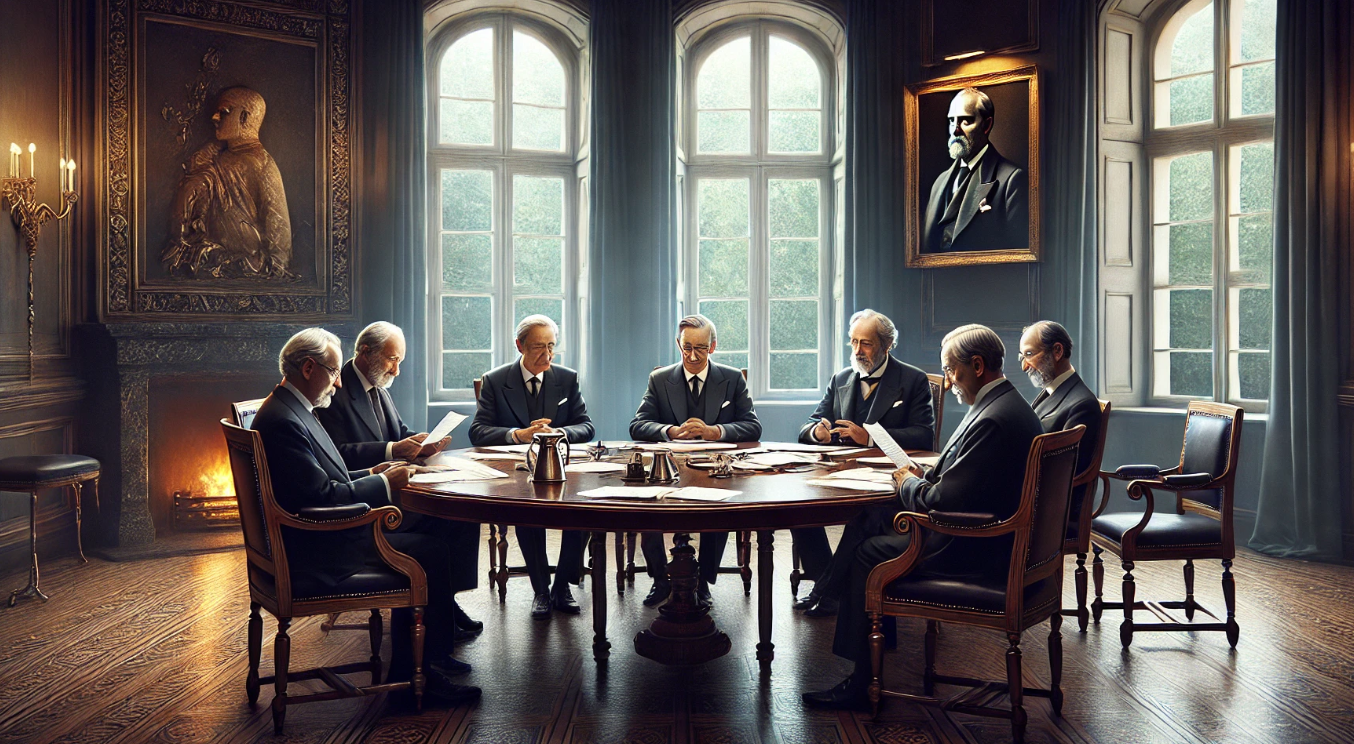The Nobel Prizes are among the most prestigious accolades globally, celebrating outstanding contributions to humanity across various fields. Each year, the announcement of Nobel laureates garners significant attention, reflecting the awards’ importance in recognizing groundbreaking achievements. However, the meticulous process behind selecting Nobel Prize winners remains lesser known but equally fascinating.
- Nominations: Nobel Prize candidates are nominated by invitation-only experts in their fields, ensuring integrity. Self-nominations are not allowed.
- Selection Committees: Each category has a dedicated committee in Sweden or Norway, which rigorously evaluates candidates’ contributions.
- Confidential Deliberations: The selection process involves confidential nominee lists (kept private for 50 years), ensuring unbiased decisions with expert input.
- Expert Consultations: Detailed assessments by advisers and international specialists guarantee that laureates’ work is meticulously reviewed for global impact.
The Nobel Prize selection process is designed to ensure that only the most deserving individuals and organizations receive the honor. The journey begins with nominations, which are typically by invitation only, except for the Nobel Peace Prize. Eligible nominators, usually experts in the relevant field, propose candidates who have made significant contributions to their respective areas. Self-nomination is not permitted, maintaining the integrity and credibility of the awards.
According to reports from various news sources, including those from Norway, the selection process varies slightly for each prize category. The Norwegian Nobel Committee oversees the Nobel Peace Prize, while other categories have their committees based in Sweden. Each committee comprises experts who meticulously review nominations and evaluate candidates based on their impact and contributions. The committees are committed to maintaining objectivity and rigor throughout the selection process.
Once nominations are received, the committees engage in thorough deliberations to assess each candidate’s work. For the Nobel Peace Prize, the Norwegian Nobel Committee seeks to reach a unanimous decision. However, if consensus is unattainable, a simple majority vote is used. The process is characterized by transparency, with the list of nominees kept confidential for 50 years to protect the integrity of the deliberations.
The Nobel Prize selection process emphasizes the importance of expert evaluation. Permanent advisers, often professors from renowned institutions, provide detailed reports on shortlisted candidates. These advisers possess extensive knowledge in their respective fields, ensuring that the selection process is informed by expert opinions. Additionally, international specialists may be consulted to provide further insights, adding another layer of scrutiny to the process.
The Nobel Prizes have a long history of recognizing transformative contributions. In 2023, for instance, the Nobel Prize in Chemistry was awarded to Moungi G. Bawendi, Louis E. Brus, and Alexei I. Ekimov for their work on quantum dots. Their groundbreaking research has significant implications for various technological applications. Similarly, the Nobel Prize in Literature recognized Norwegian author Jon Fosse for his innovative storytelling and the ability to give voice to the unsayable.







Be First to Comment